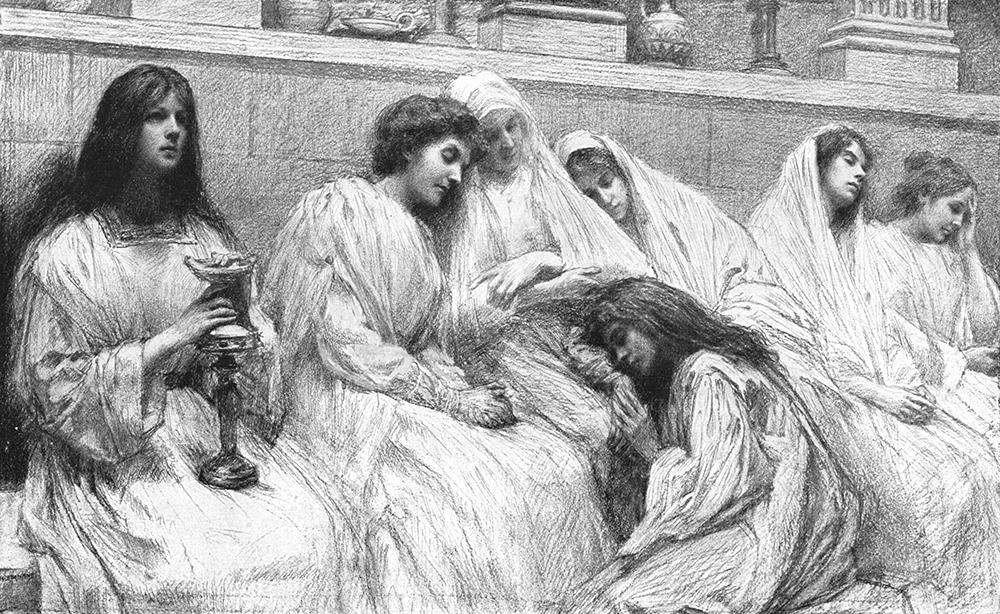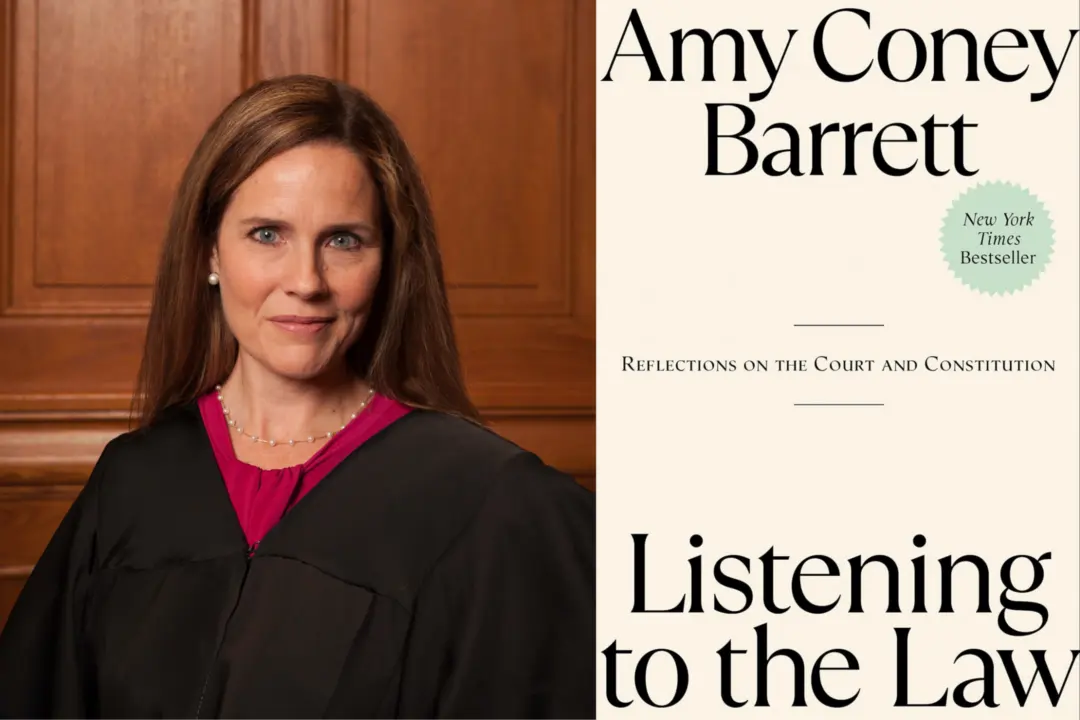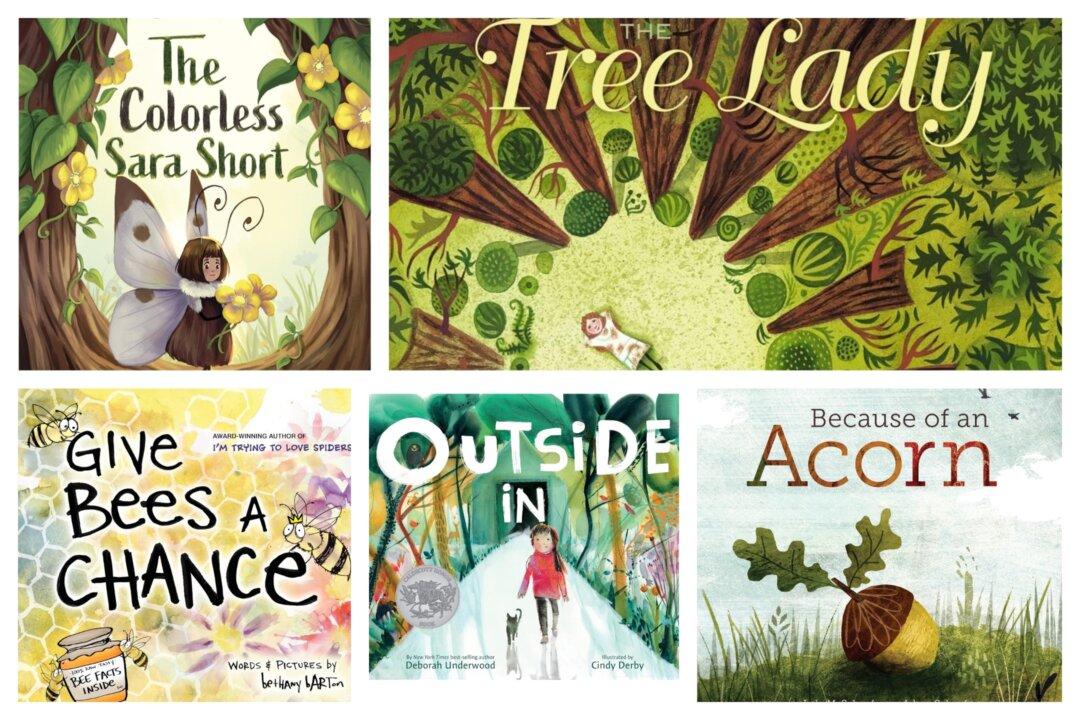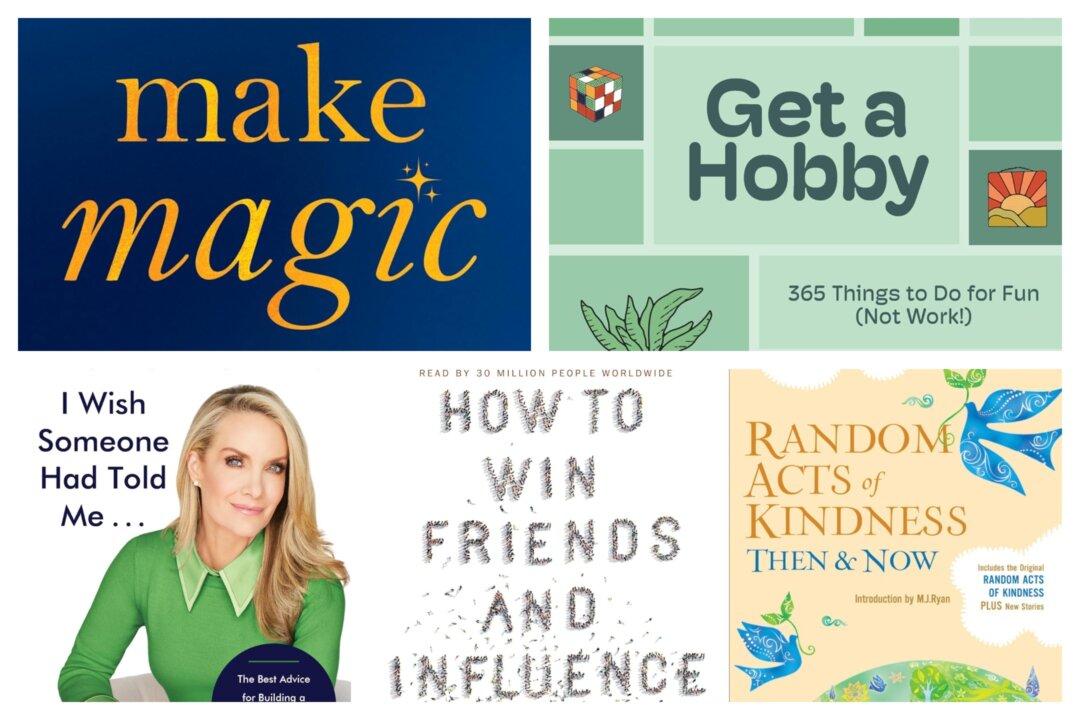According to ListChallenges, for the last 50 years the Bible has been the most read book in the world. The religious see the Bible as a gift from God to better themselves spiritually; the historically minded see this book as a way to explore ancient culture. Still others are drawn to the Bible for its wisdom, as a means for inspiring imperfect humans to find a better way. Finally, the Bible is refreshing to read in today’s chaotic world.
In her latest book, “The Women of the Bible Speak: The Wisdom of 16 Women and Their Lessons for Today,” Fox News Channel anchor and chief legal correspondent Shannon Bream confronts the idea that women play only a minor role in the Bible, and in so doing, she gives biblical women a voice.





